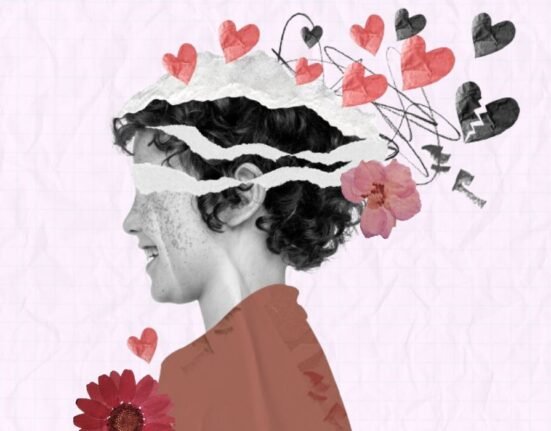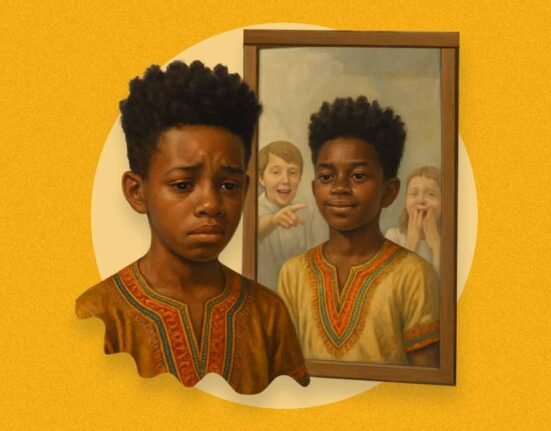“Nothing brings to life again a forgotten memory like fragrance.”
C Poindexter.
Has a scent ever brought back memories of a certain occasion or period of your life? for example the scent of wet soil, the scent of cookies and cake. Many individuals associate their childhood memories with the aroma of fresh food or the scent of a person, even sounds and tastes evoke memories.
For one, it could be the smell of wet soil after the first rain takes me back to my native place, evoking a sense of nostalgia, painting a vivid picture of their grandmother making fried fritters and masala tea. This is called the Proust effect. The Proust effect is described as “the extraordinary power of odours to instantly elicit vivid autobiographical recollections”. Other stimuli can also cause us to remember the past, but they are typically not as abrupt, specific, or vivid as odours. Scents have the power to instantly and unintentionally take us to a place and memory in our past.
Read More: The Psychology of Nostalgia
Marcel Proust
20th-century French writer Marcel Proust coined the term “involuntary memory”, the curious phenomenon of a memory triggered by a smell, a taste, or even a sound. This was illustrated in his book À la recherche du temps perdu, (In Search of Lost Time or Remembrance of Things Past). We need to keep in mind that Proust was only a writer lacking any training in psychology, therefore his hypothesis was further developed by other researchers.
In Search of Lost Time, the narrator experiences the Proust effect, when he is reminded of a long-forgotten childhood memory of eating tea-soaked Madeleine with his aunt. This memory is brought back to life for Proust’s protagonist when he consumes a madeleine. He then goes on to remember the childhood house he was in and even the town itself from this recollection. According to Proust, voluntary memory lacks the “essence of the past,” which is included in the involuntary recollection of memories.
Hermann Ebbinghaus
Another researcher Hermann Ebbinghaus is popular for applying experimental psychology principles to study memory. He was also the first to describe involuntary memory. Ebbinghaus emphasized that these spontaneous memories are not random. Instead, they are triggered by a currently present stimulus, following the laws of association.
Precious Fragments
The Proust effect is a type of involuntary memory called “precious fragments.” These memories are triggered spontaneously. For instance, eating a piece of cake might suddenly remind you of an experience linked to that taste. Research suggests that these memories are particularly strong and frequent when triggered by smells. Marigold Linton, an autobiographical memory researcher was first to coin the term “precious fragments”.
PTSD
The Proust effect has been linked to nostalgic memories and evokes memories of the happy past, but it is also similar to symptoms of PTSD. In post-traumatic stress disorders, a person undergoes panic attacks due to the traumatic flashbacks of the past, where vivid images are triggered by a single stimulus like scent, sound or an object. For instance, Large sirens can be triggering for war refugees or soldiers. Both PTSD and the Proust effect are caused due to the sudden evocation of involuntary memory, but the DSM5 only recognise PTSD.
Read More: The Psychology Behind the Last Meal Requests of Criminals
Current research
Recently, Researchers from Utrecht University in the Netherlands, Marcel van den Hout, Monique Smeets, and Marieke Toffolo, conducted a study to explore this phenomenon further. As published in Cognition & Emotion, their study involved 70 female volunteers who watched a short video containing unpleasant and memorable events, such as car crashes or news reports about the Rwandan genocide. During the viewing, the researchers introduced various sensory stimuli: cassis odour, colourful lights, and soft background music.
A week later, the researchers re-exposed the volunteers to these stimuli while asking questions about the video. They found that memories were significantly more vivid when triggered by the cassis odour or the colourful lights compared to the music or no stimuli. Interestingly, exposure to the music had a negligible effect on the vividness of the recalled memories.
Though this experiment supports a connection between vivid memories and specific odours or visual stimuli, the researchers caution that it does not conclusively prove the Proust Phenomenon. A more comprehensive study would be required, involving testing various stimuli to identify specific triggers that consistently evoke vivid memories. In a study by Ressler and colleagues, mice were exposed to particular smells paired with negative stimuli a mild foot shocks. The mice were conditioned to develop a fear of that particular smell and showed an increase in the neurone in their noses and larger glomeruli, which are clusters of nerve cells that transmit odour signals to the brain.

To find out if these fears could be reversed, the researchers used extinction, a method where the odour is presented without negative reinforcement. The mice’s behaviour showed they learned the smells were safe, and their neural changes returned to normal. This suggests that the olfactory system can adapt based on environmental importance to hold odour memories.
The Proust effect is a type of involuntary memory, called previous fragments, these are autobiographical memories evoked by stimuli like smell, taste sound similar to the symptoms of post-traumatic stress disorder. The Proust effect was developed from Marcel Proust’s book “In Search of the Lost Time”, when he described how he is reminded of his childhood memories from eating madeleine, another researcher instrumental in the development of involuntary memory is Hermann Ebbinghaus. Multiple research studies are conducted to find out more about the Proust effect.
References +
- Green JD, Reid CA, Kneuer MA, Hedgebeth MV. The proust effect: Scents, food, and nostalgia. Curr Opin Psychol. 2023 Apr;50:101562. doi: 10.1016/j.copsyc.2023.101562. Epub 2023 Feb 9. PMID: 36863096.
- Ernst, A. (2014). Review: The Proust Effect: The Senses as Doorways to Lost Memories. Perception, 43(12), 1404–1406. https://doi.org/10.1068/p4312rvw
- Willander, J. & Larsson, M. (2006). “Smell your way back to childhood: Autobiographical odor memory”. Psychonomic Bulletin & Review 13, 240-244. ISBN 978-1-4051-3638-9.
- Berntsen, D., & Rubin, D. C. (2008). The reappearance hypothesis revisited: Recurrent involuntary memories after traumatic events and in everyday life. Memory & Cognition (pre-2012), 36 (2), 449-60.













Leave feedback about this